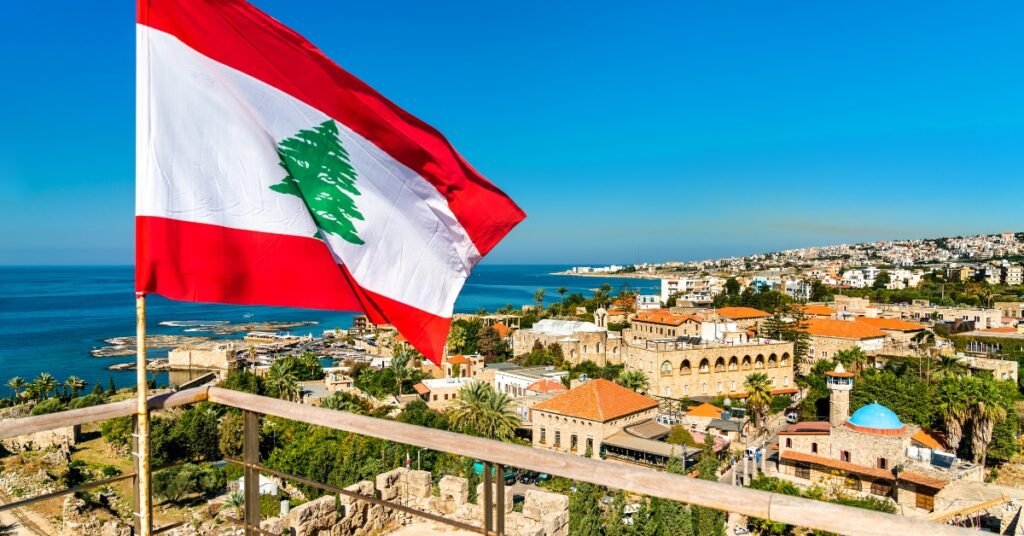Get the best tips for a fulfilling Ramadan fast in Europe, from managing long daylight hours to nutritious meal prep and hydration.
Table of Contents
Fasting during Ramadan, the Islamic month of spiritual reflection, prayer, and community, presents unique challenges and experiences, particularly in Europe, where daylight hours can significantly vary.
This blog post aims to provide comprehensive and practical advice to help Muslims in Europe navigate these challenges and ensure a fulfilling fasting experience.
Introduction to Ramadan Fasting
Ramadan is observed by Muslims worldwide as a time of fasting, spiritual reflection, and community.
The fast includes abstention from food, drink, and other physical needs during daylight hours.
It is a time to purify the soul, refocus attention on God, and practice self-discipline and sacrifice.
Preparing for Ramadan
- Understand the Significance: Before Ramadan begins, understand its spiritual significance. It is not just about abstaining from food but a period for deep spiritual reflection and strengthening your relationship with Allah.
- Check the Local Prayer Schedule: European Daylight hours vary greatly. Check your local mosque’s schedule for accurate Suhoor (pre-dawn meal) and Iftar (meal to break the fast) times.
- Plan Your Meals: Think about what you will eat during Suhoor and Iftar to ensure a balanced diet that sustains you throughout the day.
- Gradually Adjust Your Schedule: A week before Ramadan, start adjusting your sleep schedule and meal times to ease into the fasting period.
- Set Personal Goals: Whether it is increasing your prayer, reading the Quran, or doing charity work, set personal goals for what you want to achieve during Ramadan.
During the Fast
- Stay Hydrated: Drink plenty of water between Iftar and Suhoor to prevent dehydration during the day.
- Balance Your Diet: Include a variety of foods in your Suhoor and Iftar meals, focusing on nutrients that release energy slowly.
- Engage in Light Exercise: Gentle activities like walking or stretching can be beneficial, but avoid strenuous exercise that might make you thirsty or tired.
- Break Your Fast Wisely: Start with dates and water, following the Sunnah of the Prophet Muhammad, and avoid overeating.
- Increase Your Worship: Dedicate more time to prayer, reading the Quran, and other spiritual activities.
- Rest and Nap: Short naps during the day can help you stay alert and focused.
- Avoid Negative Behaviors: Fasting is also about self-discipline; avoid lying, gossiping, and other negative behaviours.
- Stay Connected: Participate in community prayers and iftars whenever possible to strengthen bonds with your community.
- Be Mindful of Your Health: Listen to your body. Consult a healthcare professional if you’re sick or experiencing adverse health effects.
- Educate Others: Use this time to educate non-Muslim friends or colleagues about Ramadan and what it entails.
After Iftar
- Stay Active after Iftar: Engage in Tarawih (extra evening prayers) and stay active to aid digestion.
- Plan for Suhoor: Prepare your Suhoor in advance to ensure you consume a nutritious meal even when you feel tired or sleepy.
- Reflect Daily: Spend time reflecting on your day, focusing on your spiritual growth and areas for improvement.
- Stay Positive: Keep a positive attitude throughout Ramadan. It’s a time of celebration and joy within the challenge of fasting.
- Prepare for Eid: Look forward to Eid-ul-Fitr, the festival marking the end of Ramadan. It is a time for celebration, gratitude, and community.
Conclusion
Fasting during Ramadan in Europe can be challenging due to the long daylight hours and the temptation of everyday life.
However, with proper preparation and a focus on the spiritual aspects of the month, it can also be a deeply fulfilling experience.
Remember, Ramadan is not just a physical test but a spiritual journey that offers a unique opportunity for renewal and growth.






